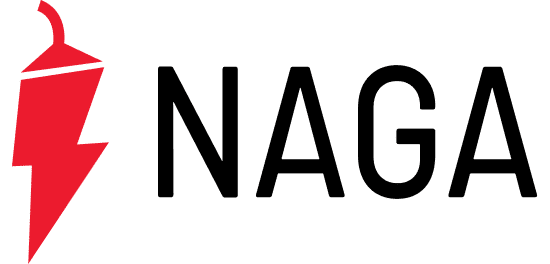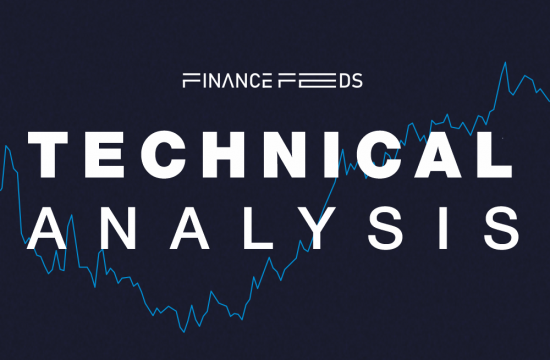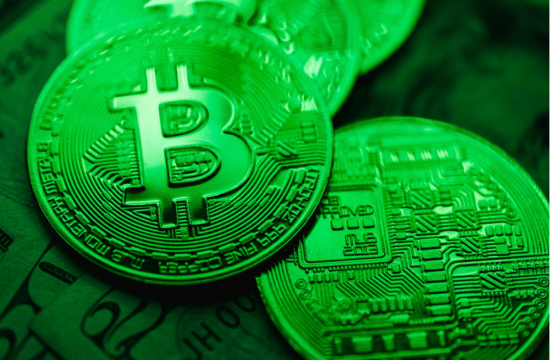San Francisco-based cryptocurrency exchange Kraken is facing investigation into whether it improperly offered its US-based users some digital assets that should have been registered as securities, according to a Bloomberg report.
![]()
The Securities and Exchange Commission’s scrutiny of Kraken is at a late stage and a settlement could be announced in a matter of days, the report said, citing a person familiar with the matter.
While the report doesn’t specify which financial products the investigation by the SEC’s enforcement unit is scrutinizing, Kraken lets Americans trade more than 180 tokens. If those tokens were deemed securities, the exchange would have to register with the SEC, the regulator has warned.
A Kraken representative said they can’t comment on the investigation but confirmed that the exchange “well capitalized and maintains a diverse product offering across many jurisdictions.”
Nevertheless, the argument over how to classify cryptocurrency tokens is controversial. Generally speaking, the SEC has made it clear that the Howey Test applies to crypto as it does to other investments.
The Howey Test determines if an asset considered a security or a transaction represents an investment contract depending on three elements. First, the investment product can be exchanged for value. Second, the investment involves some element of risk, and third, it must be tradable.
As emphasized by the watchdog, all three elements must be met in order for a token or coin to be a security. And when a digital asset is deemed a security, the SEC staff expects that offers and sales of such digital asset will comport with the registration requirements of the federal laws.
Kraken was hit by $362,158 fine in November to settle its civil liability for apparent violations of US sanctions on countries like Iran. The authorities probed Kraken’s transactions with Iranian users since 2019. In addition, the company failed to inform OFAC about these transactions and did not voluntarily disclose the violations of US sanctions.
The firm’s systems failed to analyze all data required for compliance with OFAC sanctions and therefore did not implement control measures to prevent such users of countries comprehensively sanctioned by the US government from accessing its service.
Nevertheless, the news sends an important message to crypto businesses. OFAC itself reiterated that digital asset institutions should take a risk-based approach to sanctions compliance to detect flaws in internal controls.












